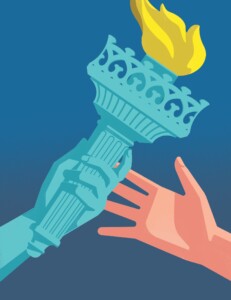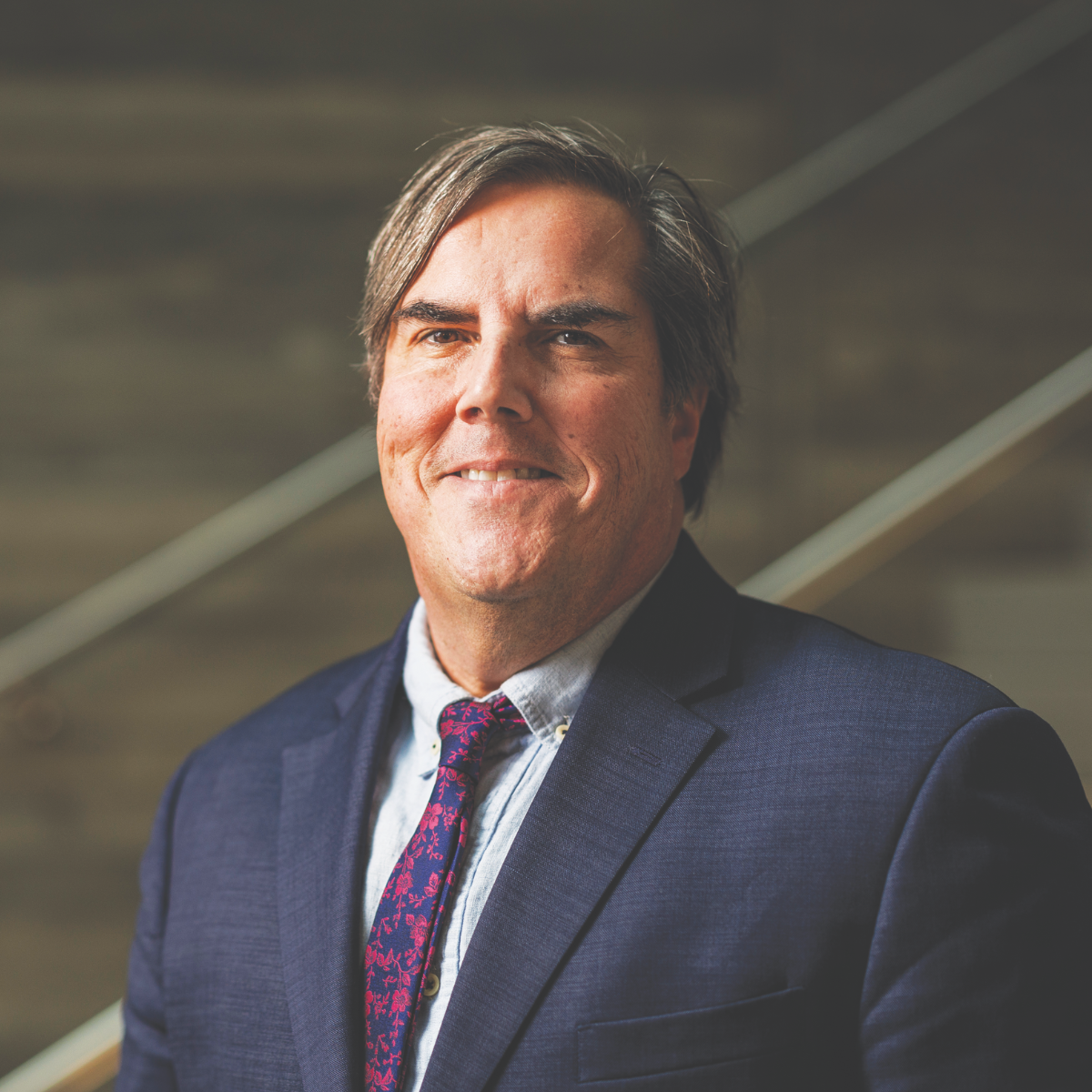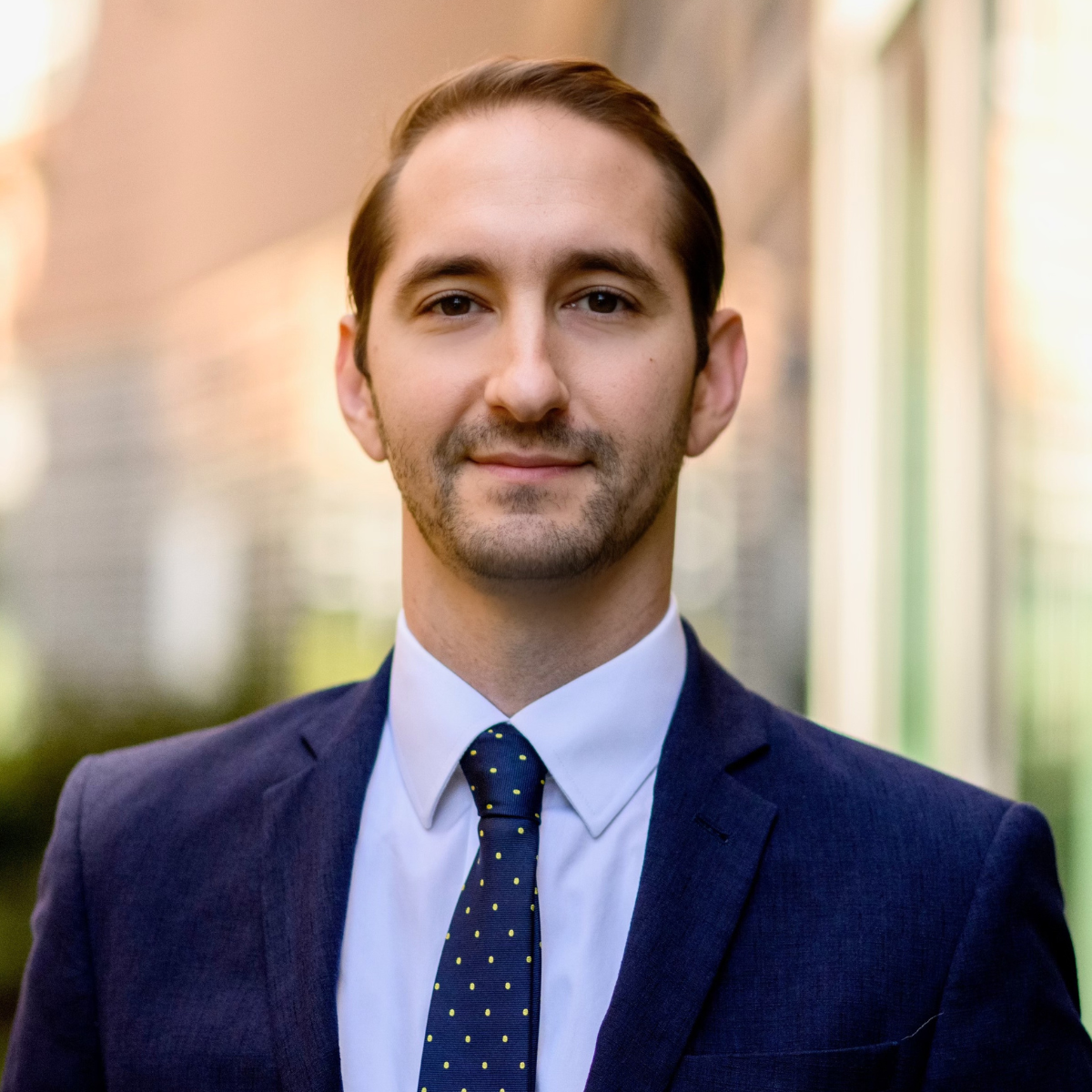Adjourn
What Are You Going to Do for Freedom Today?
By US Senator Maggie Hassan ’85
 It’s inevitable. whether at the grocery store or on the hiking trails near my house, I find myself having impromptu conversations with people I’m talking with for the first time about their concerns — for the country and for me, as someone in the middle of the maelstrom. “How do you stand it?” “Are we going to be OK?” And sometimes, “Thank you. I know what you do is hard.” Sometimes the job is hard — but it’s supposed to be. My dad, a World War II veteran, had a way of reinforcing that in America, we do hard things. And of those, sustaining a de mocracy is a very, very hard one.
It’s inevitable. whether at the grocery store or on the hiking trails near my house, I find myself having impromptu conversations with people I’m talking with for the first time about their concerns — for the country and for me, as someone in the middle of the maelstrom. “How do you stand it?” “Are we going to be OK?” And sometimes, “Thank you. I know what you do is hard.” Sometimes the job is hard — but it’s supposed to be. My dad, a World War II veteran, had a way of reinforcing that in America, we do hard things. And of those, sustaining a de mocracy is a very, very hard one.
But my job also has moments of excitement and satisfaction, as our democracy continues to address big challenges. Since President Biden took office, there has been a spate of substantive and bipartisan legislative achievements, including on infrastructure, veterans’ healthcare and strengthening American manufacturing, as well as, recently, securing urgent aid for Ukraine. Democrats have also made some great strides without Republican support: a record investment in clean energy and combating climate change and lowering prescription drug costs. The things we’re doing will change and save lives, bring down costs, strengthen our national security and help protect the planet.
Still, there are critical things that Congress hasn’t been able to do. Securing voting rights nationwide, protecting reproductive health rights, securing our border and reforming immigration laws top the list. But having milestones ahead doesn’t mean democracy is stuck. Every day, in state after state, citizens promote change using other tools our system provides: things like securing reproductive rights by referenda, organizing to get people to the polls even in the face of new voting restrictions and, most recently, overcoming a rigid minority in Congress to support Ukraine against an existential threat. People throughout our country have done what democracy demands: they’ve engaged, made their voices heard and worked to hold their elected leaders accountable.
Following the examples of Abraham Lincoln and Martin Luther King Jr., among many others, people have insisted that we politicians work toward our Declaration’s call for equality and justice. People love and believe in our democracy, trust in its purpose and promise, build coalitions with those who share their beliefs, and challenge and seek compromise with those who oppose them.
A friend recently told me that she was exhausted; she thought once we corrected course in 2020, we would be “done.” But are we? Having endured a first US Senate term marked by a pandemic, two impeachment trials and an insurrection, I know that we’re not. Democracy, self-governance, equality, justice — are not guaranteed. Throughout history, most of the world has not operated on these principles. Yet, in this country, our democracy has been shining for nearly 250 years, and our history reveals that democracy will get stronger — so long as those of us who treasure it remember that our common love for freedom and equality should transcend everything else. To go back to my dad, he occasionally asked us at the breakfast table, “What are you going to do for freedom today?” Gulp. How blessed we are to be able to answer that question with action, friendship and love — every day.
About the Author
Senator Maggie Hassan ’85 represents New Hampshire in the US Senate.
Share
Northeastern Law and Tufts Medical Center are joining together to establish the Amy J. Reed Collaborative for Medical Device Safety. This venture will analyze data from tens of thousands of medical devices to identify safety risks and develop legal tools to address them.
Co-op Matters
On co-op with Novo Nordisk, the global pharmaceutical company known for the weight-loss drugs Wegovy and Ozempic, Avery Hayes ’26 is melding her interests while gaining critical legal experience.







